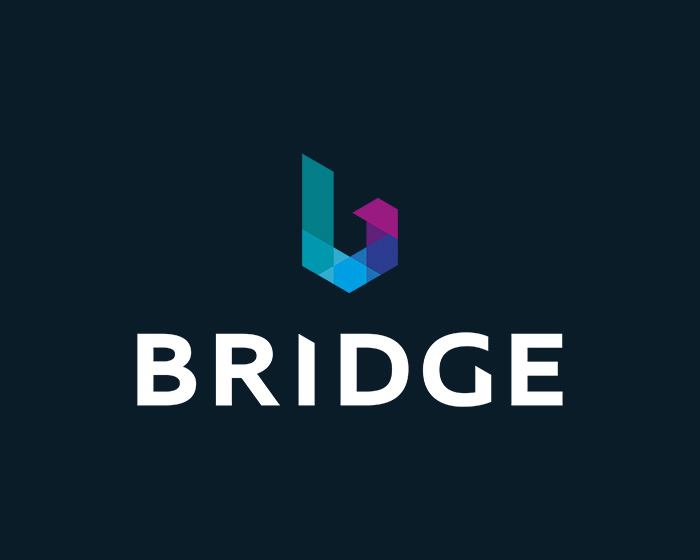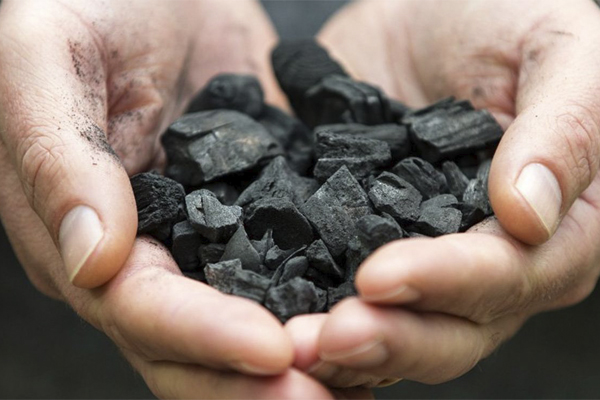The Bridge
The Bridge is a centre for innovation in advanced materials that works with local and national businesses to provide education, cutting edge engineering, and collaboration.

Ensure access to affordable, reliable, sustainable and modern energy for all.
This is an area of focus for the University as we join the UK’s push for clean energy. We sit alongside the Humber Cluster, one of the most polluting industrial clusters in the UK, in terms of greenhouse gases, and have appointed an academic lead to build on our collaboration with industry, government, and other educational institutions in this area.

Research Spotlight
Led by a team from The Lapwing Estate and the University of Lincoln, the Reverse Coal Project serves as a crucial stepping stone towards a scalable and sustainable future. It demonstrates the potential of innovative solutions to address environmental challenges, paving the way for broader adoption and positive impact on a global scale.
The SEP research group leads systems thinking and applied research to develop new energy delivery approaches for heat and electricity. As society is rapidly moving into a Whole Systems Place-Based understanding using combined demand profiles, our group leads in the Distributed Generation and Local Area Energy Management approach being developed in the UK and internationally. This reduces net requirements, introducing new technologies around hydrogen and storage into the medium scale solutions (MESO) for society’s needs, allowing effective engagement by users and suppliers for truly sustainable solutions. Our experience in technologies and AI is key to delivering the change needed now.
The Bridge is a centre for innovation in advanced materials that works with local and national businesses to provide education, cutting edge engineering, and collaboration.

The Lincoln Institute for Agri-Food Technology (LIAT) is a specialist research institute that aims to support and enhance productivity, efficiency, and sustainability in food and farming. LIAT’s multi-disciplinary team brings together sector-leading expertise in a diverse range of areas such as; artificial intelligence, robotics, engineering, crop science, environmental sustainability, food manufacturing, product development, and supply chains.
The high energy needs of food refrigeration can be highly destabilising for the national grid. The University of Lincoln has worked with Tesco and other collaborators to design sophisticated algorithms that managed the energy draw-down of large refrigeration systems while maintaining food at safe temperatures and minimising their destabilising influence on the national grid. In addition to providing more stability for the grid, these findings allowed Tesco to gain significant savings on energy use.
The Refrigeration Research Centre is the first facility of its kind in the world. Harnessing cutting-edge technology, it precisely models the essential dynamics of a typical supermarket and is the location for pioneering research being carried out in collaboration with global retailer Tesco, in a bid to tackle the impact of mass refrigeration.
We had 34 outputs relevant to this SDG in 2023 according to SciVal and 29 in 2022.
Jagtap S. et al. (2022) Real-time data collection to improve energy efficiency: A case study of food manufacturer Journal of Food Processing and Preservation 46
https://onlinelibrary.wiley.com/doi/full/10.1111/jfpp.14338
Tan, Y. et al. (2023) Hybrid Ni2P/CoP Nanosheets as Efficient and Robust Electrocatalysts for Domestic Wastewater Splitting Energy and Environmental Materials 6
https://onlinelibrary.wiley.com/doi/full/10.1002/eem2.12398

Promote sustained, inclusive, and sustainable economic growth, full and productive employment and decent work for all.